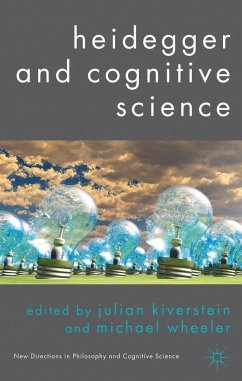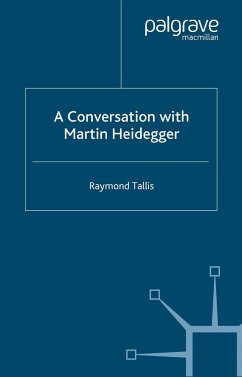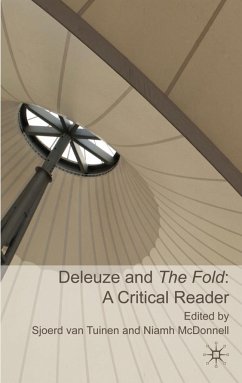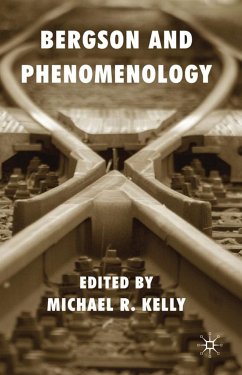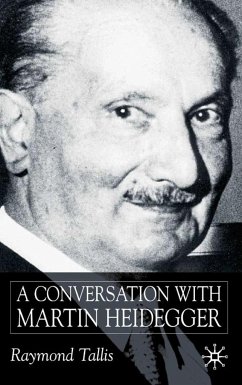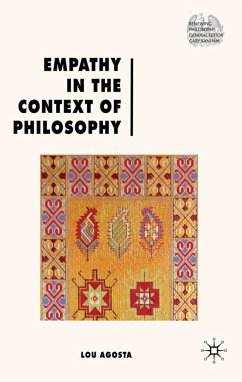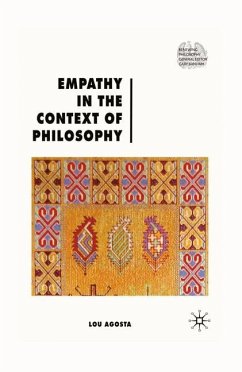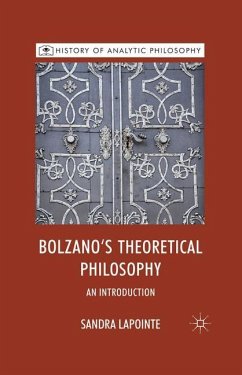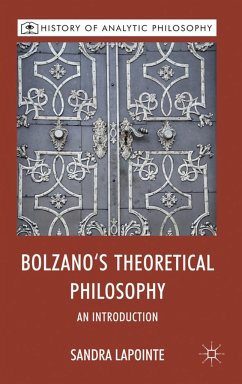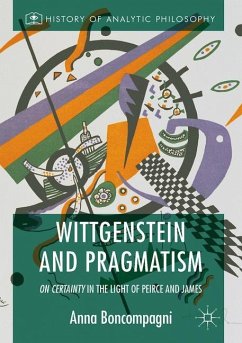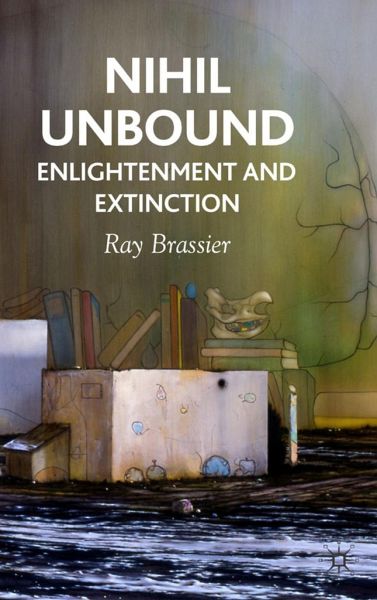
Nihil Unbound
Enlightenment and Extinction
Versandkostenfrei!
Versandfertig in 6-10 Tagen
98,99 €
inkl. MwSt.
Weitere Ausgaben:

PAYBACK Punkte
49 °P sammeln!
This book pushes nihilism to its ultimate conclusion by linking revisionary naturalism in Anglo-American philosophy with anti-phenomenological realism in French philosophy. Contrary to the 'post-analytic' consensus uniting Heidegger and Wittgenstein against scientism and scepticism, this book links eliminative materialism and speculative realism.





